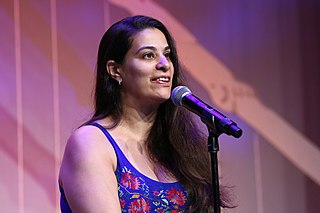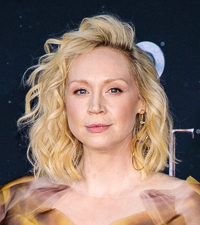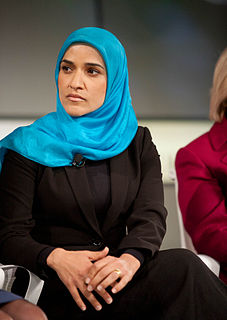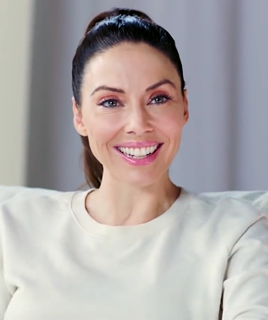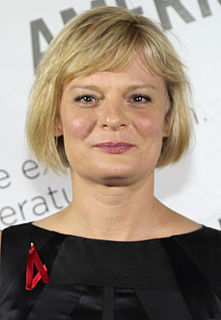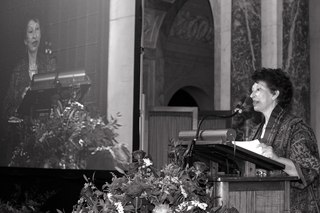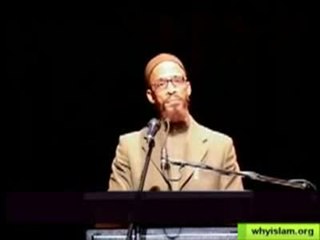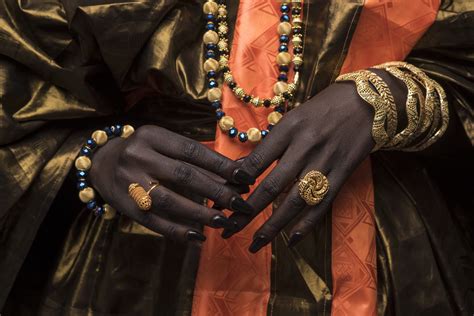A Quote by Linda Sarsour
There are plenty of Muslim women who are backbones of the community, but they aren't usually at the forefront. There just aren't a lot of me out there - women in hijabs, doing what I do.
Related Quotes
To understand the fanatic rejection of women's liberation in the Muslim world, one has to take into account the time factor. Most of us educated women have illiterate mothers. The conservative wave against women in the Muslim world is a defense mechanism against profound changes in both sex roles and the touchy subject of sexual identity.
Let’s not ask Barbara Walters about how Muslim women feel. Let’s not ask Tom Brokaw how Muslim women feel. Let’s not ask CNN, ABC, FOX, The London Times, or the Australia Times. Let’s not ask non-Muslims how Muslim women feel, how they live, what are their principles, and what are their challenges. If you want to be fair, ask a Muslim woman. Ask my wife. Ask my mother. Ask a Muslim woman who knows her religion, who has a relationship with her Creator, who is stable in her society, understands her responsibilities. Ask her.




